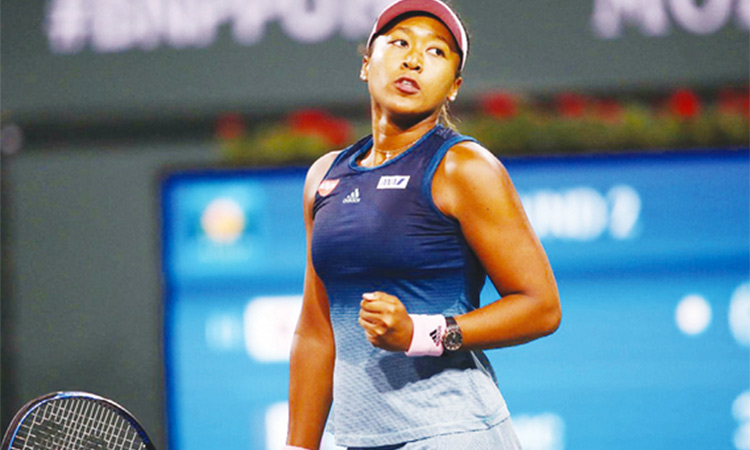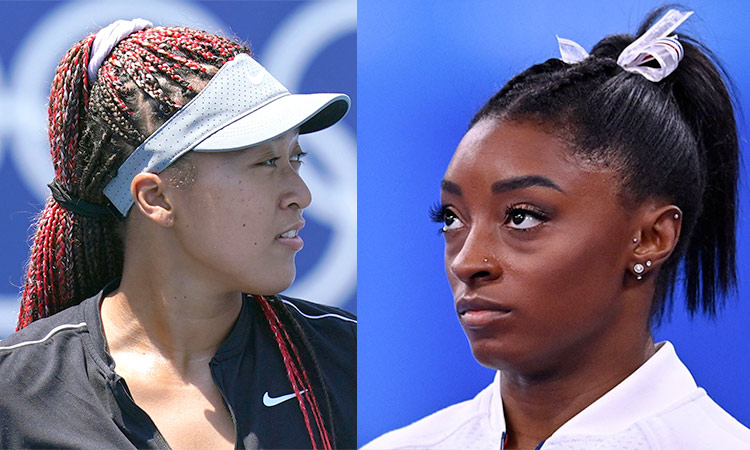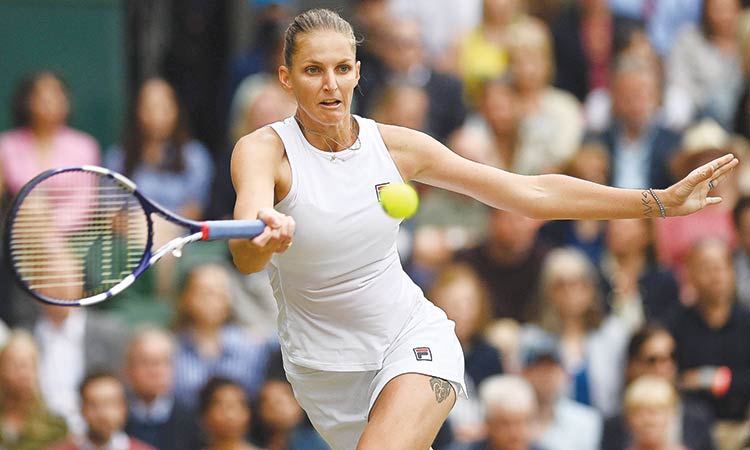Olympics marked a watershed moment for mental health

Ben Stokes
Paul Farmer, The Independent
As both a sports fan and someone working in mental health, the past two weeks have been hugely surprising. An array of the highest-profile sportspeople talking about their mental health in an open and responsible way: Simone Biles, Ben Stokes, Adam Peaty and Tyrone Mings among others.
At a time when the eyes of the world have been fixed on the Olympics, it is clear a tipping point has been reached where athletes are now able to be open about their mental health. But what has brought us to this extraordinary milestone? And is the sporting world, with its sometimes blinkered focus on physical performance, ready to give its brightest stars the mental health support they need?
Back in 2014, Mind published a report on the mental health pressures facing elite sportsmen and women. It highlighted some of the unique challenges many sportspeople experienced at the highest level and set out a range of recommendations to address them. A year later, Mind also helped launch a charter for sport, along with the Professional Players Federation and the Sport and Recreation Alliance, and since then have worked with a variety of national governing bodies, player associations, policymakers and funders to create a better degree of understanding of mental health in sport.
It would be fair to assume that in the six years since then, the right support is now available when those at the top of their game hit mental rock bottom, but this week has made clear there is still more work to do.
In Mind’s research, it was clear that stigma around mental health in sport was acute. More than ten years ago, when Marcus Trescothick had to pull out of playing top-class cricket, he wrote powerfully about “the great lie” that sportspeople must be complicit in – that any need to bow out could only be explained and understood on physical terms – injury, age, medical advice.
The cricket world has learnt much from this, and a combined effort from the England and Wales Cricket Board and the Professional Cricketers Association has helped to establish mental health as an acceptable talking point. Freddie Flintoff, Steve Harmison, Jonathan Trott and Monty Panesar have all since been open about their mental health, with Ben Stokes now joining that list. On stigma, it seems huge progress has been made, though there will still be many players, coaches and fans yet to feel comfortable with open conversations about mental health.
Now that more sportspeople are coming forward about their mental health though, what’s crucial is that there must be safe spaces to seek help. That’s tricky for anyone, but when your life is under the constant gaze of social media, your every move tracked and analysed, it’s even harder.
While many of us can now expect our employers to implement mental health support, a coach or manager who has the power to drop you or have you transferred is unlikely to be any sportsperson’s first port of call. Joe Root’s comments about the conversation he had with Ben Stokes were illuminating: “From my point of view, I just want my friend to be OK... He’s got my full support.” We know that whether it’s a mate or a captain, having a space to seek help safely makes all the difference, not just in the sports world.
We should herald these past few weeks as a critical moment for stigma in sport and applaud the athletes who have been honest about their mental health. However, as many of us who are not sportspeople will know, opening up does not always translate into the right services being readily available.
Safe spaces and access to appropriate clinical help must follow these bold statements or we risk losing some of our most promising sports stars, reaching the peak of their physical capabilities, because of a lack of proper mental health support.







